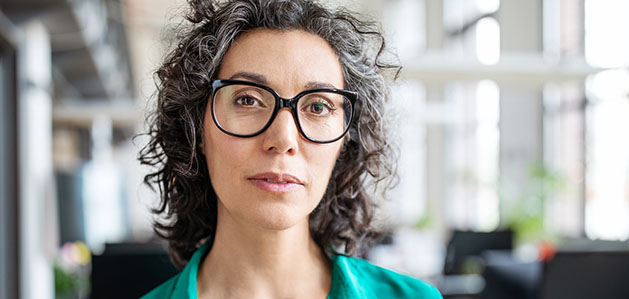What You Need To Know About Cancer And COVID 19 Risks
A Virtua Health medical oncologist explains why it's vital to take precautions to protect yourself from COVID-19 if you've had cancer or are currently being treated for it.
By Seth Berk, MD, Virtua Health Medical Oncologist
Chief, Hematology/Oncology—Virtua North
In the early days of the COVID-19 outbreak, you probably heard it repeated that people who were immunocompromised, older, or who had diabetes, heart or lung disease, were at the highest risk for contracting the virus.
But, the fact is that you’re not at a higher risk for contracting the virus—you’re at higher risk for developing a more severe and even life-threatening case of it.
Because people with cancer, people who are in active cancer treatment, AND survivors of cancer are considered immune compromised, they’re at higher risk for experiencing a more severe case of COVID-19.
If you’re immune compromised because of cancer, it’s especially important for you to take actions to reduce your risk of getting sick with the disease.
Take extra precautions to protect yourself
The protective measures recommended for everyone are the same recommendations for people with cancer—except, you need to be even more vigilant about following them. This includes:
- Washing your hands often with soap and water for at least 20 seconds, especially after you’ve been in a public place or after blowing your nose, coughing, or sneezing.
- If soap and water aren't readily available, using a hand sanitizer that contains at least 60% alcohol. Cover all surfaces of your hands and rub them together until they feel dry.
- Wearing a mask in public settings, especially in grocery stores and pharmacies.
- Avoiding touching your eyes, nose, and mouth with unwashed hands.
- Avoiding close contact with people who are sick.
How to handle cancer treatment during the outbreak
If you’re scheduled for cancer treatments during the COVID-19 outbreak, talk with your oncologist about the benefits and risks of continuing or delaying treatment. Also, ask if the office has any restrictions on bringing support people to your appointment. There may be limitations put in place for your safety, or extra steps taken to assess your support person’s health.
If you don’t have a scheduled treatment but are scheduled for an oncology appointment, your doctor may see you via a video appointment using secure “telehealth” technology. This allows you to stay in close touch with your doctor, who can answer any questions. It also eliminates the need for close interaction with medical personnel and helps reduce your risk for exposure.
For your emotional wellness, it’s important to stay connected to your support system—you’ll just have to adjust HOW you stay connected. Make plans to connect with your family and friends through phone calls or live video chats using FaceTime, Zoom, or Google Hangouts.
What to do if you must leave your home
People who are at higher risk of getting very sick from COVID-19 should avoid any non-essential travel. Like most states, New Jersey, Pennsylvania, and Delaware have a “shelter in place” or “stay at home” order that’s reevaluated every 30 days or so.
You can go outside for walks and exercise, as long as you keep 6 feet way from others who don’t share a home with you.
If you must leave your home for groceries or prescriptions, take every precaution to protect yourself:
- Wear a mask, and bring your own EPA-approved cleaning wipes and hand sanitizer.
- Try to go during off hours, or go during special hours for older and immunocompromised people.
- Make your trip as brief as possible.
- Keep a distance of at least 6 feet from other people.
- If you must use a cart, use a cleaning wipe, and wipe down the handle and cart thoroughly.
- Use a cleaning wipe to open freezer doors, and wipe down the credit card machine before using it.
- If you’re going to the pharmacy, make sure you get at least a one-month supply of prescription and over-the-counter medications.
- Use your hand sanitizer when you return to your car, and wash your hands thoroughly again after putting away your groceries.
While it’s an uncertain time for many right now, it’s understandable if you have additional concerns about your health if you’re being treated for cancer. Your oncologist is your best resource to discuss what’s best for you at this time.
There's So Much More to Explore
Discover expert insights, inspiring stories, health tips, and more by exploring the content below!
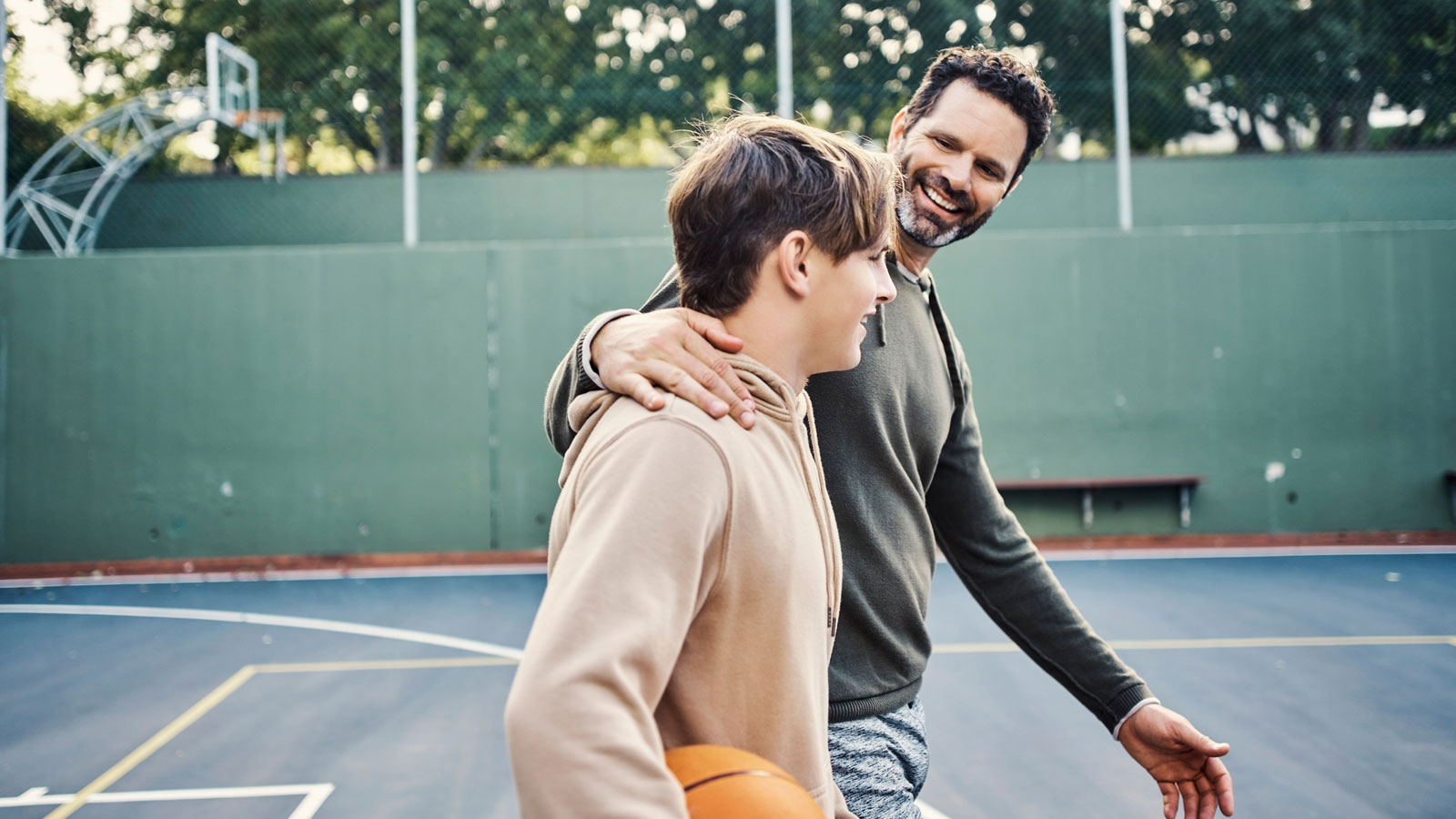
10 Reasons to Schedule Your Colonoscopy Screening Today
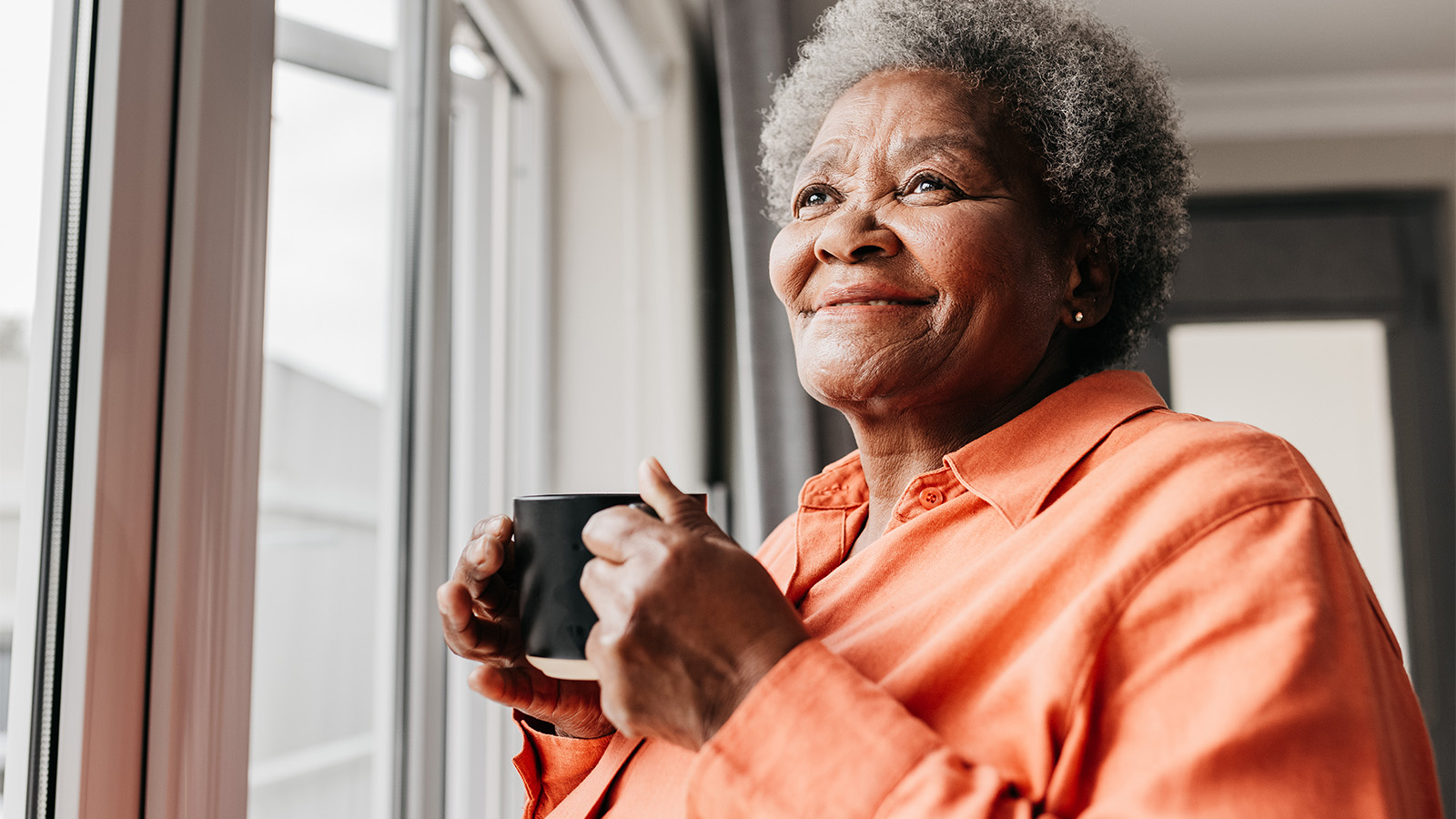
At-Home Colon Cancer Tests vs. Colonoscopy: Which Screening Option Is Right for You?

HeartTalk Magazine
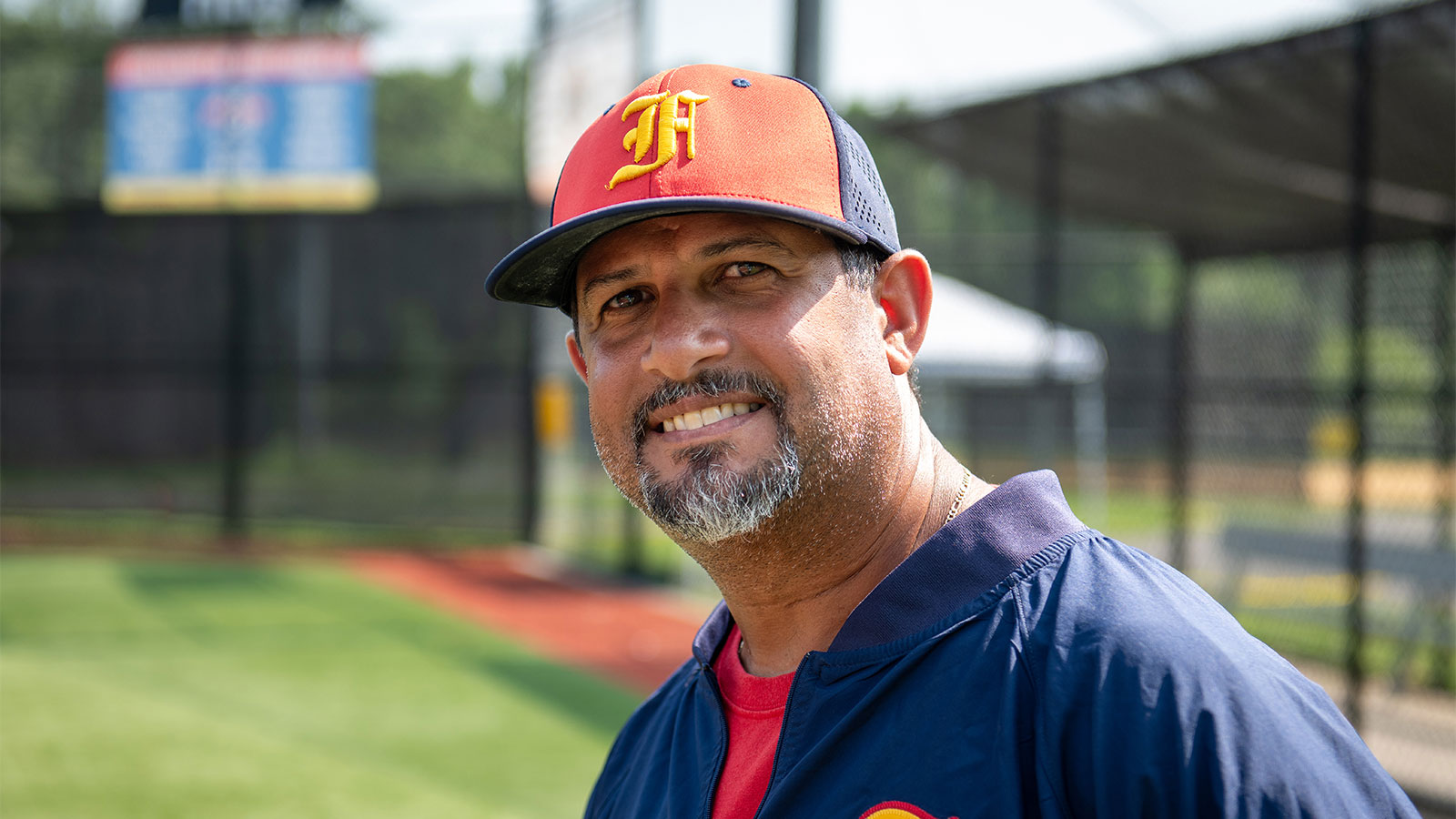
Baseball Coach Turns Male Breast Cancer Surprise into Personal Mission

Young Breast-Cancer Survivor Has New Hope for Healthy Future

Is Cancer Hereditary? What You Need to Know About Your Genetic Risks

Your Guide to Mammograms: When to Get Screened and What to Know

5 Key Facts About Proton Therapy for Cancer Treatment
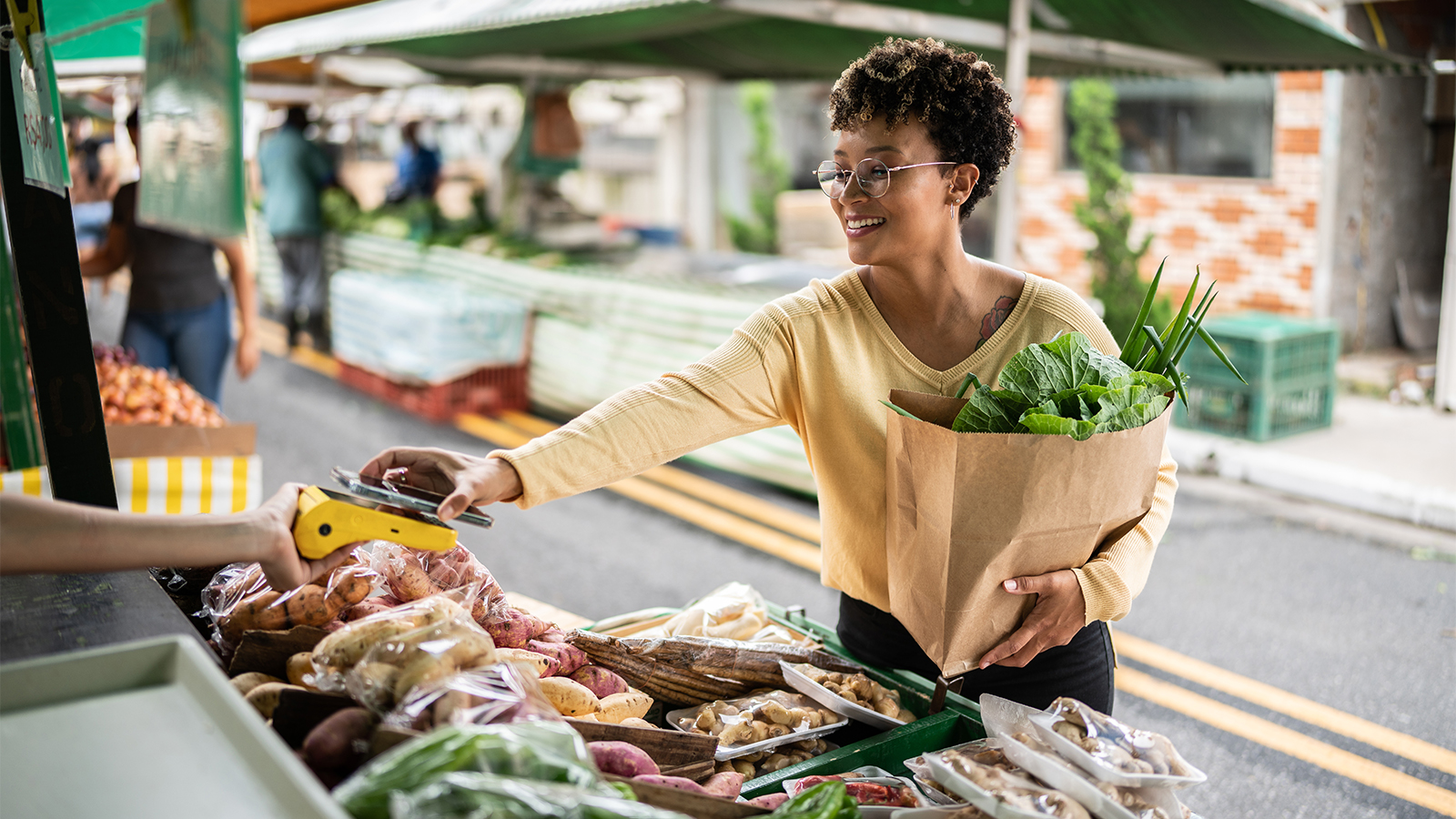
3 Changes You Can Make Today to Lower Your Cancer Risk
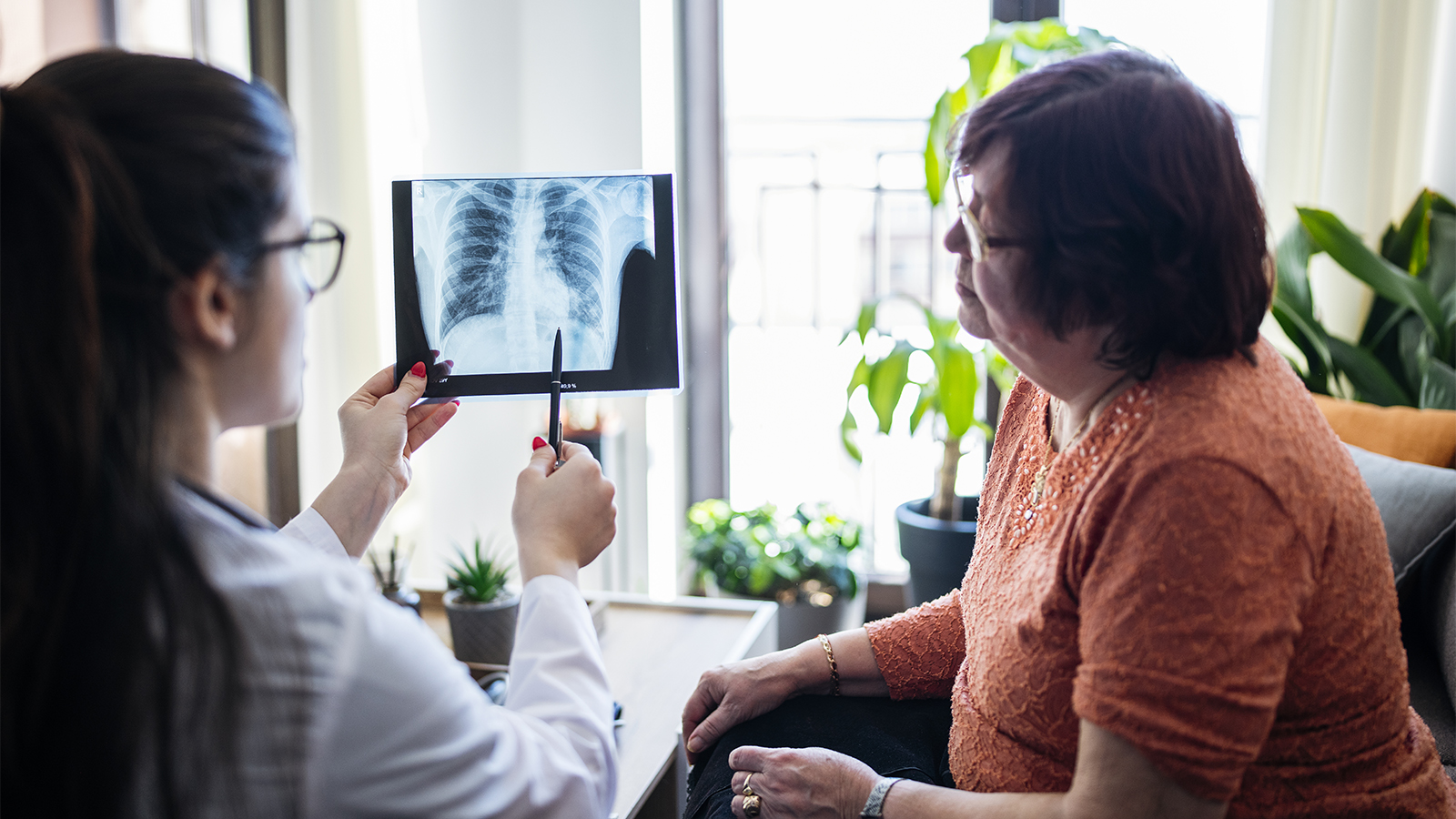
A Lung Cancer Screening Could Save Your Life

The HPV Vaccine: A Powerful Shield Against Cervical Cancer

How Does Breast Density Affect Your Mammogram?

Breast Cancer Diagnosis Inspires Catherine to Help Others
Firefighter's Successful Lung Cancer Care at Virtua

A Breast Self-Exam Saved Kristen's Life

Protect Your Child From HPV and Related Cancers
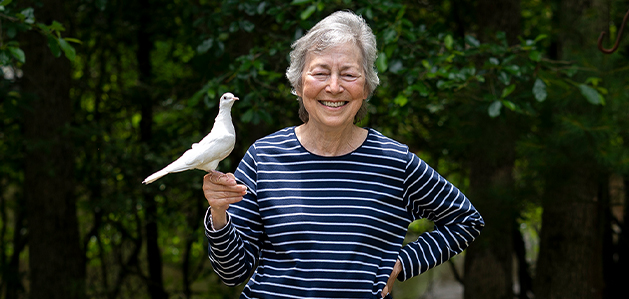
Rectal Cancer Surgery Gets Eileen Back to her Magical Life | Virtua Health
Robotic Surgery Helps Shelly Haney Return to Her Happy Place
